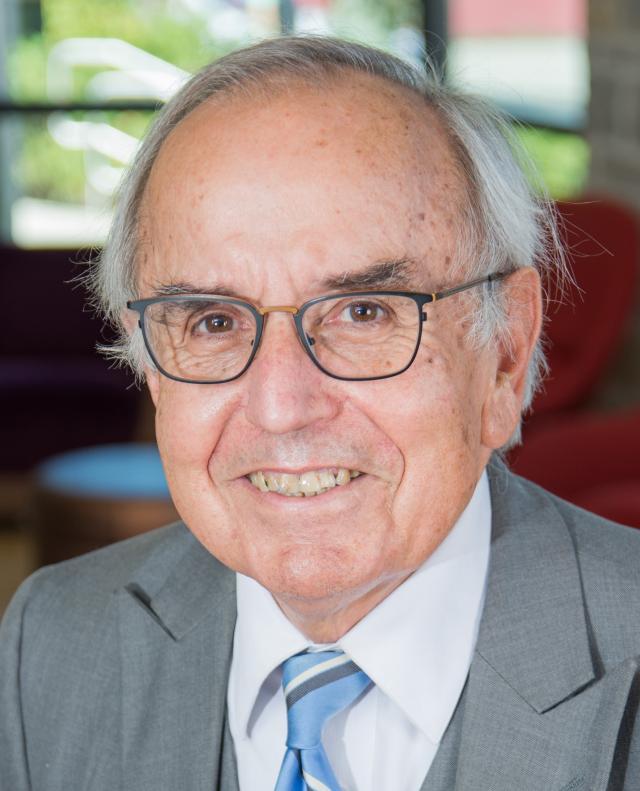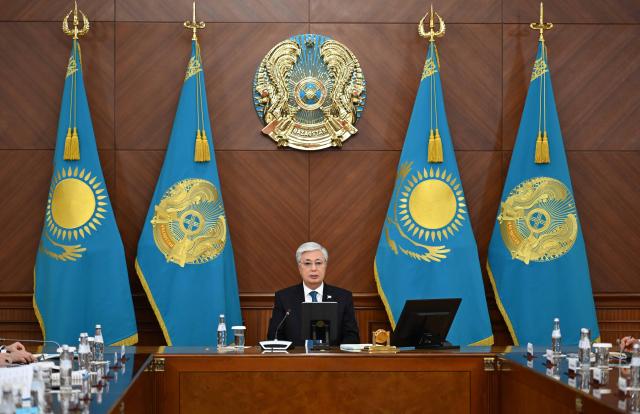
KENOSHA, September 20 (AJP) - The polite, low-key visit of Prime Minister Keir Starmer of Britain to President Joe Biden has generated relatively little media attention. That is unfortunate, because our alliance remains vital.
“Someone to talk to” is how McGeorge Bundy, President John F. Kennedy’s national security adviser, summed up the partnership with Britain. In those years, Prime Minister Harold Macmillan provided unfailing support, encouragement and friendship to the often-beleaguered young American president.
Otherwise, JFK faced serious conflicts with our allies in Europe, in particular President Charles de Gaulle of France. Soviet Premier Nikita Khrushchev provoked almost nonstop confrontations, especially over Berlin and eventually, terrifyingly over Moscow’s missiles in Cuba.
In 2017, Britain’s Prime Minister David Cameron visited President Barack Obama. Their session before Washington media underscored our cooperation. They emphasized the importance of tough nuclear negotiations with Iran.
Hard international realities were faced head-on. There was honest – and honorable – explanation of the high stakes involved, and also the great difficulty of negotiating a viable durable agreement with Tehran.
Cameron worked contacting members of the Senate to argue against more sanctions on Iran. The absence of any meaningful backlash reflects the uniquely close nature of this alliance.
The “special relationship” between Britain and the U.S., forged during the terrible first years of World War II, has endured down to the present despite sometimes severe strains. The evolution of the durable Anglo-American partnership highlights important events of that global total war, and the Cold War and post-Cold War era which have followed. These include fundamental commitment to the rule of law, free trade and democratic institutions.
David Cameron’s predecessor Tony Blair paid a high political price for his faithful support of the administration of George W. Bush in the invasion of Iraq. Blair survived politically, and led his Labour Party to another election victory, but ultimately was rejected. More important, the Anglo-American military alliance, and the durable wider NATO structure, was at no point seriously threatened.
During the mid-1960s, the Johnson administration pressed extremely hard for at least token direct military participation in the Vietnam War. Australia and New Zealand, both members of the British Commonwealth, did provide forces. In the case of Australia, there was considerably more than a pro-forma commitment.
Britain remained out of that war, in hindsight for good reasons. This lack of support by a close ally was an important indicator of the questionable nature of the American military adventure.
From the other direction, the most serious Anglo-American and wider Atlantic alliance crisis was over the Suez Canal in 1956. Britain, France and Israel launched a coordinated surprise military attack to retake the waterway and associated territory from Egypt’s nationalist government.
President Dwight Eisenhower was completely opposed, as well as angered by lack of consultation. His administration forced an abrupt halt to the operation. No crisis since has so seriously threatened the alliance.
Economics strengthens diplomatic cooperation. Prime Minister Margaret Thatcher’s deregulation of the economy in the 1980s pays powerful dividends today. Canary Wharf, formerly grim docks and working-class housing blocks in eastern London, has been transformed into a mammoth global commercial center. Modern skyscrapers dominate the horizon, complemented by retail outlets.
Mrs. Thatcher’s heavy-handed style earned her the sobriquet of ‘The Iron Lady,’ but forceful reforms were crucial to contemporary British prosperity and strength.
Bundy’s point alludes to our shared core values, which in turn facilitate policy cooperation. World War II cemented this partnership.
Together, we provide an international anchor.
-------------------------------------------------------------------------------------------------------------------------
This article was contributed by Arthur I. Cyr, author of "After the Cold War -- American Foreign Policy, Europe and Asia" (NYU Press and Palgrave/Macmillan). He has taught at the Universities of Chicago and Illinois, Northwestern University, and Carthage College (Clausen Distinguished Professor).
Copyright ⓒ Aju Press All rights reserved.





View more comments